The Real Cost of Trump's $100,000 Visas: A Blow to American Workers and the Economy
In a move that has sparked widespread criticism from experts and advocates, President Donald Trump announced last week that the United States would begin imposing a $100,000 fee on all new H-1B visa applications. The high-skill foreign professionals who rely on these visas to work in the US are now facing an exorbitant barrier to entry, one that could have far-reaching consequences for American workers and the economy.
According to officials, the increased fee is intended to encourage companies to hire high-skilled American workers instead of relying on foreign talent. However, critics argue that this move will only serve to drive up costs for businesses and ultimately hurt American workers in the long run.
"We're going to take that money and we're going to reduce taxes, we're going to reduce debt," Trump said during a press conference last week. "It's a big win for our country."
The H-1B visa program is a critical component of the US immigration system, with 85,000 visas awarded each year to workers in tech, finance, medicine, and science. These individuals are often highly skilled and highly paid, filling gaps in the labor market that American workers cannot fill.
But critics argue that the new fee will only serve to drive up costs for businesses and ultimately hurt American workers. "This is a classic example of a protectionist policy that's going to harm American workers," said Neil Ruiz, director of the New American Economy initiative at the New York University School of Law. "By making it more expensive for companies to hire foreign workers, we're essentially saying that American workers are not good enough."
The move has also sparked concerns from international experts, who warn that it could have far-reaching consequences for global trade and economic cooperation.
"This is a very concerning development," said Dr. Maria Zuber, a physicist at the Massachusetts Institute of Technology and a member of the National Academy of Sciences. "The H-1B visa program is an important mechanism for facilitating international collaboration in science and technology. By making it more difficult for foreign workers to come to the US, we're essentially undermining our own competitiveness."
As the new fee takes effect, businesses are already beginning to feel the impact. Tech companies, which rely heavily on H-1B visas, are warning that the increased costs could lead to layoffs and reduced investment in research and development.
"This is a disaster for American workers," said Brad Smith, president of Microsoft. "We're going to have to make some tough decisions about how we allocate our resources."
The current status of the visa program remains uncertain, with many experts predicting that the new fee will lead to a significant reduction in applications. As the situation continues to unfold, one thing is clear: the real cost of Trump's $100,000 visas may be far higher than anyone could have imagined.
Background: The H-1B visa program was established in 1990 to allow US companies to hire high-skilled foreign workers on a temporary basis. The program has been subject to various reforms and restrictions over the years, but the new fee is the most significant change yet.
Additional Perspectives:
The US Chamber of Commerce has expressed concerns that the increased fee will drive up costs for businesses and ultimately hurt American workers.
The National Association of Manufacturers has warned that the move could lead to a shortage of skilled workers in key industries such as manufacturing and technology.
Immigration advocates have argued that the new fee is discriminatory and will disproportionately affect low-income and minority communities.
Next Developments: As the situation continues to unfold, it remains to be seen how the visa program will adapt to the new fee. Businesses are already beginning to feel the impact, and experts warn that the consequences could be far-reaching.
*Reporting by Vox.*
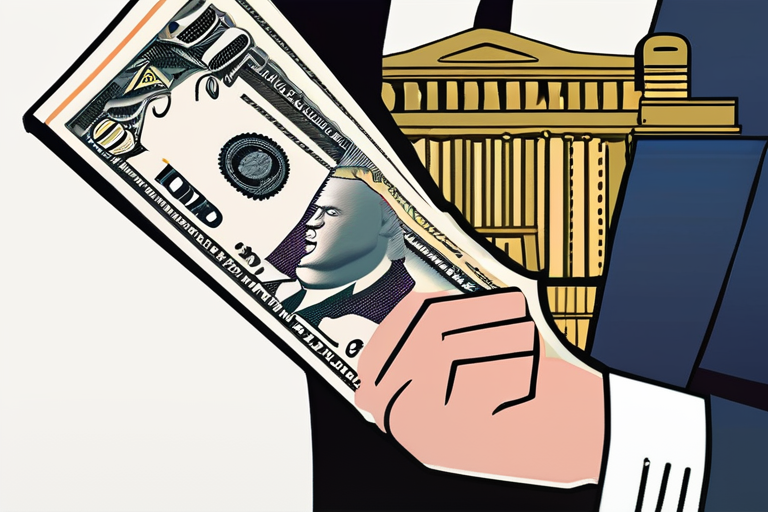

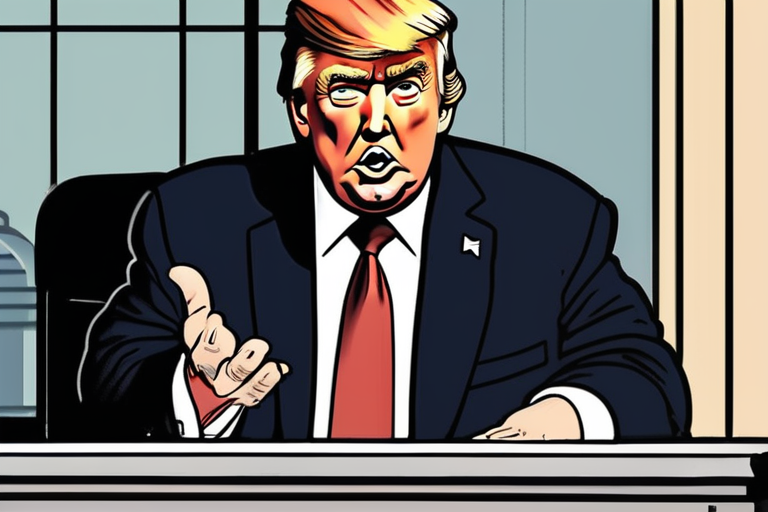
 Hoppi
Hoppi
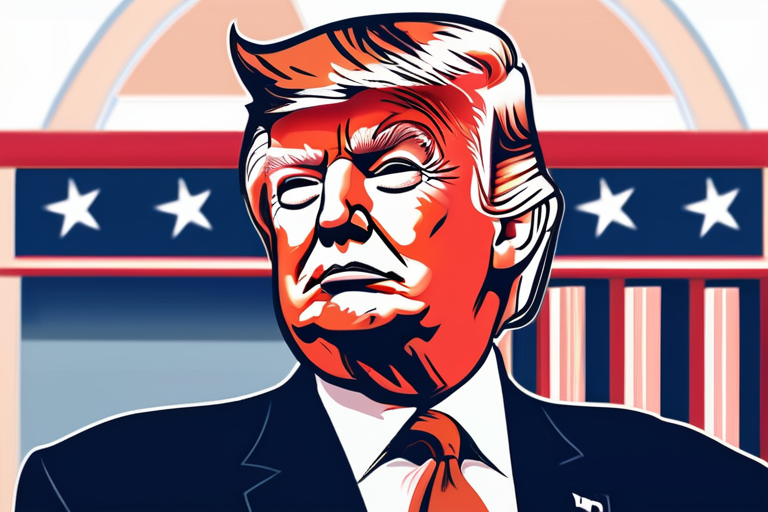
 Hoppi
Hoppi
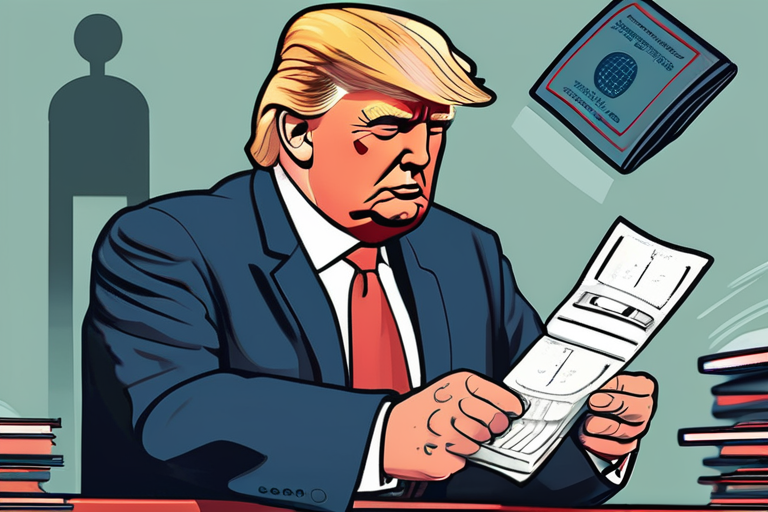
 Hoppi
Hoppi

 Hoppi
Hoppi
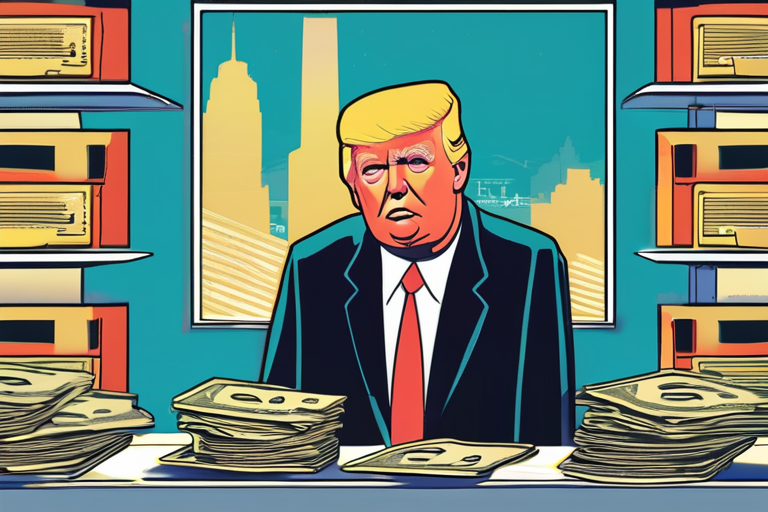
 Hoppi
Hoppi
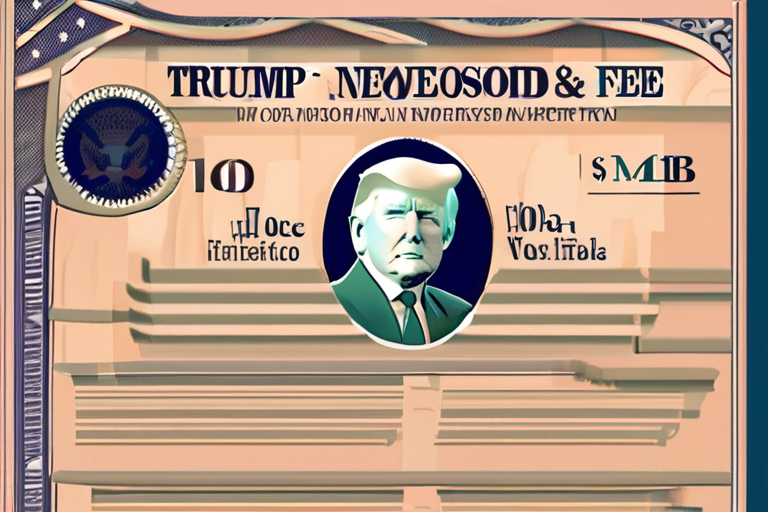
 Hoppi
Hoppi











